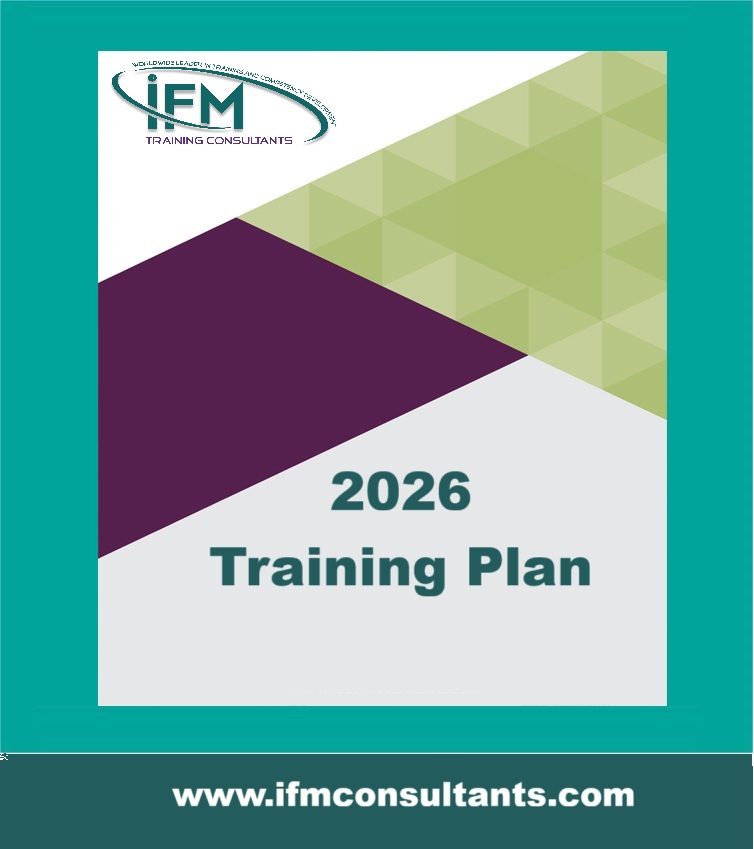Advanced Troubleshooting of Rotating Equipment Training
| Start Date | End Date | Venue | Fees (US $) | ||
|---|---|---|---|---|---|
| Advanced Troubleshooting of Rotating Equipment Training | 09 Nov 2025 | 13 Nov 2025 | Riyadh, KSA | $ 3,900 | Register |

Advanced Troubleshooting of Rotating Equipment Training
| Start Date | End Date | Venue | Fees (US $) | |
|---|---|---|---|---|
| Advanced Troubleshooting of Rotating Equipment Training | 09 Nov 2025 | 13 Nov 2025 | Riyadh, KSA | $ 3,900 |
Introduction
This course covers equipment driven directly by gas turbines or indirectly through gas turbine-driven generator sets. Machines deteriorate as they get older so we can expect a certain amount of performance falloff and general deterioration of the machine. If we understand the failure mechanisms that are in place we can identify which parameters best indicate the deterioration of the machine. Failure analysis, Troubleshooting and Predictive & Planned Maintenance techniques, including vibration analysis, are discussed in the course with a view to optimizing the maintenance engineering effort while maximizing production. This course covers root cause analysis “RCA”, Mode of failure for gas turbine, inspection for blades, buckets, nozzle, bearings, repair method, oil analysis and relation with vibration analysis.
Objectives
- Familiarize the attendees with different types of rotating equipment
- Learn the principles of operation of the pumps and compressors
- Highlight the importance of seals and bearings on rotating equipments availability
- To enable the attendees to grasp the advanced information in preventive as well as predictive maintenance of rotating equipment
- To present the advanced condition monitoring technologies stressing on vibration and oil analysis.
- Learn the troubleshooting the rotating equipment
- To provide ability to organize and implement continuous maintenance and troubleshooting scenarios.
- Explanation of function of all parts on HVAC system as Air condensing unit, air handling unit, compressors, HP and LP protection, dampers, oil and air filters, duct heaters, thermostat...
- Full explanation on the regulation system with return air system and duct heaters controlled by the thermostat
- How to get a good pressurization in a room
- How to adjust all protection settings (Pressure, temperature...)
- & How to adjust dampers for fresh air inlet
- Operation (Starting, control readings and adjust, vacuum and filling gas...) & How to do a proper Preventive maintenance, How to do a proper troubleshooting (all cases) How to define faulty parts (With measurement process if applicable), how to analyze the fault.
This course provides the trainees with a strong background in the field of rotating equipment (pumps, compressors, and gas turbines) maintenance and troubleshooting. In addition, the course reviews the performance characteristics and best practices in the operation of this vital equipment’s. The emphasis is placed on understanding the advanced and new techniques of troubleshooting and different methods of maintenance. During the course participant’s discussion, comments, bringing up their own problems are welcomed and encouraged.
Training Methodology
This is a highly interactive training course with opportunities to advance your opinions and ideas. Participation is encouraged in a supportive environment. To ensure the concepts introduced during the program are understood, they will be reinforced through a mix of learning methods, including lecture-style presentations, open discussion, case studies, simulations, and group work.
Who Should Attend?
This course is directed towards Supervisors, Team Leaders and Managers in Maintenance, Engineering and Production. The course will also benefit anyone who wishes to update themselves on Predictive Maintenance Technologies and Failure Analysis techniques, as well as those who have to judge the suitability of these technologies for their needs and learn how to implement them for the benefit of their organizations.
Course Outline
Day 1: Pumps and Compressors
The basic principles of rotor dynamic and positive displacement pumps and compressors and the effects of:
- cavitations
- compressibility
- viscosity variation
- humidity
- Losses in fluid systems and interaction between machines and systems.
- Introduction to the basic design principles of pumps and compressors, involving shafts, bearings and seal systems.
- A discussion of the regulation of pumps and compressors.
- The correct selection and application of pumps and compressors.
Day 2: Understanding Failures
- Machine Failure Analysis
- Wear and tribology
- Fatigue mechanisms
- Plain, tilt-pad and anti-friction bearing and seal failures
Avoiding Failures
- Analysis and identification of failures
- FMEA and FMECA to identify failure modes and criticality analysis
- Troubleshooting techniques
- Statistical analysis of failures
- Reliability, availability, and maintainability
Day 3: Understanding Planned Maintenance
- Planned Maintenance Concepts
- Introduction
- Maintenance Strategies
- Planned Maintenance – background and history
- Planned Maintenance Technologies – an overview
- CMMS – an overview
- Potential Failure Analysis –
- Deciding which technologies to apply to avoid failures
Day 4: Using Predictive Maintenance
- Vibration Analysis
- Introduction to Vibration Analysis
- Frequency Analysis and the Fast Fourier Transform
- Vibration Transducers
- Basic Failure Mechanisms with examples
- Vibration Standards and Alarm Levels
- Vibration Diagnostics
- Amplitude Demodulation – aka Enveloping, SSE, HFD, Peak-Vue
- Vibration on Rolling Element Bearings
- Resonance – identification & cure
- Other Predictive Maintenance Techniques
- Infrared Thermography
- Thermographic applications
- Passive Ultrasonic’s - contact and non-contact
- Ultrasonic Applications
- Tribology – oil analysis
Day 5: Control Mechanisms
- Managing Planned Maintenance
- Performance and Efficiency Monitoring
- Managing the Planned Maintenance effort
- Cost Analysis
- Reporting Techniques
- Integrating Predictive Maintenance into the Maintenance Plan

















